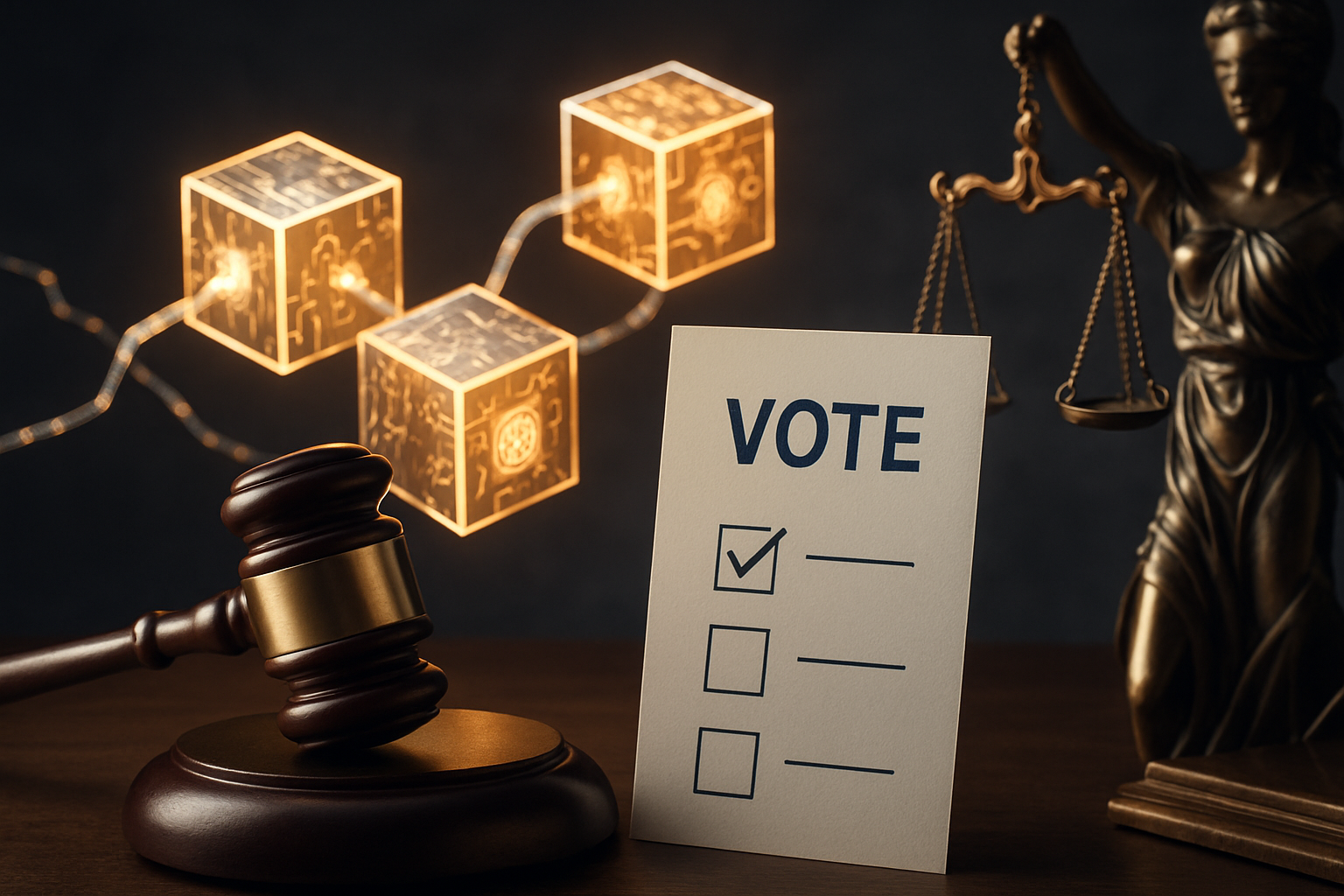Legal Implications of Blockchain in Government Operations
Introduction: The integration of blockchain technology into government operations is reshaping public administration, offering unprecedented transparency and efficiency. This article explores the legal landscape surrounding blockchain's adoption in governmental processes, examining its potential to revolutionize record-keeping, voting systems, and public service delivery while navigating complex regulatory challenges.

Legal Framework for Blockchain Adoption
As governments consider implementing blockchain solutions, they must navigate a complex legal landscape. The absence of specific blockchain regulations in many jurisdictions creates uncertainty. Policymakers are grappling with questions of data protection, smart contract enforceability, and the legal status of blockchain-based records. Some countries have taken proactive steps, developing legal frameworks to facilitate blockchain adoption while addressing potential risks.
Blockchain and Electronic Signatures
One area where blockchain intersects with existing legal structures is electronic signatures. Many jurisdictions have laws recognizing the validity of electronic signatures, such as the United States’ Electronic Signatures in Global and National Commerce Act (ESIGN). Blockchain-based digital signatures could potentially offer enhanced security and verifiability, but their legal standing may require clarification or amendments to existing legislation.
Smart Contracts and Legal Enforceability
Smart contracts, self-executing agreements with terms directly written into code, present both opportunities and challenges for government operations. While they promise to automate and streamline processes, questions arise regarding their legal enforceability. Courts may need to determine how to interpret and enforce smart contracts, especially in cases where the code’s execution doesn’t align with the parties’ intentions.
Data Protection and Privacy Considerations
Blockchain’s immutable nature raises concerns about compliance with data protection laws, particularly the right to be forgotten enshrined in regulations like the European Union’s General Data Protection Regulation (GDPR). Governments must carefully consider how to reconcile blockchain’s permanent record-keeping with individuals’ rights to have their personal data erased or amended.
Blockchain in Voting Systems
The use of blockchain in voting systems has garnered significant attention for its potential to enhance election integrity and accessibility. However, implementing such systems requires navigating complex legal and constitutional requirements surrounding voting rights, ballot secrecy, and election administration. Policymakers must carefully consider how blockchain-based voting aligns with existing electoral laws and democratic principles.
Regulatory Compliance and Auditing
Blockchain’s transparent and immutable nature could revolutionize regulatory compliance and auditing processes. Government agencies could leverage blockchain to create tamper-proof audit trails, enhancing accountability and reducing fraud. However, this shift may require updates to existing regulatory frameworks and auditing standards to accommodate blockchain-based record-keeping.
Interoperability and Legal Standards
As governments explore blockchain solutions, the need for interoperability between different blockchain systems becomes crucial. Developing legal standards for blockchain interoperability could facilitate cross-agency and cross-border collaboration while ensuring the legal validity of blockchain-based records across different jurisdictions.
Conclusion
The integration of blockchain technology into government operations presents a myriad of legal challenges and opportunities. As policymakers and legal experts grapple with these issues, a balanced approach is necessary—one that fosters innovation while addressing legitimate concerns about privacy, security, and legal certainty. The evolving legal landscape surrounding blockchain in government will play a crucial role in shaping the future of public administration and service delivery.






